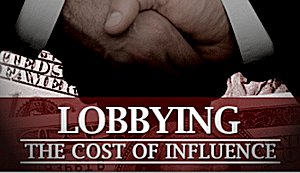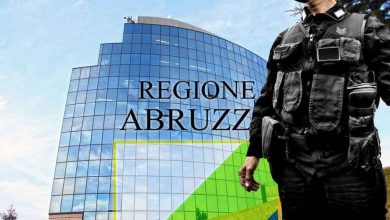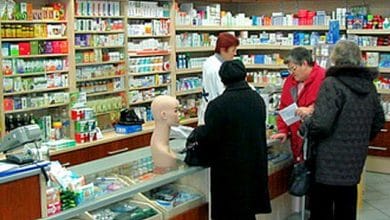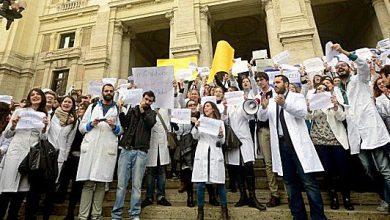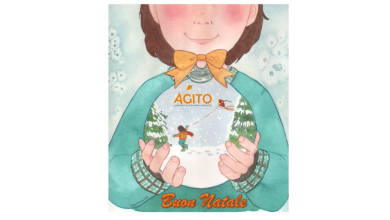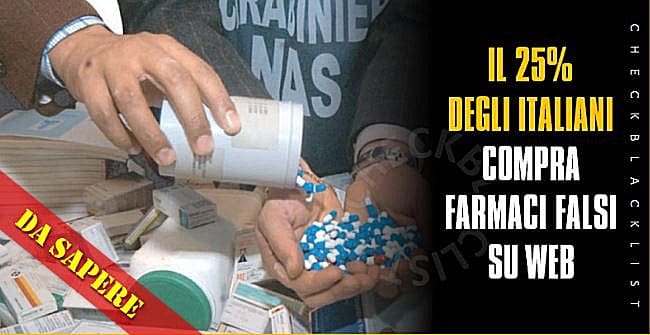
Rimini Campus (Via Angherà, 22 – Rimini) 19 September 2016, time: 09:30. The conference will address specific cases in the clinical setting of illicit and adulteration of food supplements of drugs and food, as well as the seizure actions taken by the supervisory bodies, such as anticancer drugs, drugs for erectile dysfunction, anorectic drugs and steroids, painkillers and anti- HCV. Entrance upon registration / paid registration
______________________________________________________________
Italian Society of Pharmacology (SIF) and Italian Society of Toxicology (SITOX)
COUNTERFEIT HEALTH
(INFORMATION AND TRAINING DAYS ON CURRENT TOPICS AND RESEARCH)
Rimini, 19 September 2016
RATIONAL
 Counterfeit medicines that can be purchased on the internet through web channels. This is the alarm raised by the Italian Medicines Agency (AIFA), which has been fighting for years to combat the dangerous phenomenon. However, the most disturbing news concerns the fact that, although we are talking about an already known alarm, there is evidence that the phenomenon is growing and evolving: the channels are multiplying and the techniques for circumventing the control are diversifying, in the face of an increase of demand and the efficient organization of the criminal subjects who represent the supply. It is currently estimated that over 10% of medicines sold worldwide are counterfeit, the problem affecting both specialty and generic medicines.
Counterfeit medicines that can be purchased on the internet through web channels. This is the alarm raised by the Italian Medicines Agency (AIFA), which has been fighting for years to combat the dangerous phenomenon. However, the most disturbing news concerns the fact that, although we are talking about an already known alarm, there is evidence that the phenomenon is growing and evolving: the channels are multiplying and the techniques for circumventing the control are diversifying, in the face of an increase of demand and the efficient organization of the criminal subjects who represent the supply. It is currently estimated that over 10% of medicines sold worldwide are counterfeit, the problem affecting both specialty and generic medicines.
According to research, citizens' awareness of the serious danger involved in relying on illegal sites to buy medicines is still very limited. There are sadly known cases of intoxications and poisonings due to the use of the web channel.
There is a bit of everything: pills for erectile dysfunction, supplements, but also antibiotics, antihypertensives, drugs for psychiatric diseases (often used for recreational purposes) or cardiovascular and, above all, anticancer drugs.
THE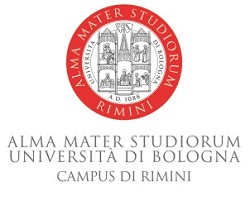 The problem of medicine shortages in the distribution circuit or the high cost of some medicines can favor the counterfeiting market.
The problem of medicine shortages in the distribution circuit or the high cost of some medicines can favor the counterfeiting market.
The counterfeit drug, according to the indications of the World Health Organization (WHO), is any medicinal specialty or generic whose label carries false information on origin and identity: we do not know who formulated it and we do not know what we would take. There are many counterfeiting methods and therefore different situations in which the patient may find himself: a significant part of the counterfeiting business concerns anticancer drugs. Obviously, medicines that contain different or non-formulated active ingredients and excipients as per the norm, due to the toxicity they can cause, also constitute a danger. The fact generates confusion in the consumer, loss of trust in the healthcare system and in pharmaceutical companies, doubts about the value of the "real" drug.
Other consumer goods subject to counterfeiting are food, with an estimated "black" turnover of 1.1 billion a year. The fake products made in Italy have led to the burning of 60 billion inexport, a very heavy economic damage, accompanied by a loss of the commercial value of the real product and by distrust in the consumer.
TO Supervising in their respective areas are the Health Trusts, the Customs, the Control Bodies of the Ministry of Health and, in particular, the Carabinieri Command for the protection of health, which carry out, on the national territory, a daily action to contrast the trafficking and illegal distribution of medicines, their counterfeiting and illegal trade in products of non-EU origin, manufactured and offered for sale without compliance with the legal requirements.
Supervising in their respective areas are the Health Trusts, the Customs, the Control Bodies of the Ministry of Health and, in particular, the Carabinieri Command for the protection of health, which carry out, on the national territory, a daily action to contrast the trafficking and illegal distribution of medicines, their counterfeiting and illegal trade in products of non-EU origin, manufactured and offered for sale without compliance with the legal requirements.
The Italian Society of Pharmacology (SIF) and the Italian Society of Toxicology (SITOX) intend to address this serious and dangerous problem by organizing the event "COUNTRAFFARE LA SALUTE" with a day of training and information on a 360° every segment of the population and which must be known by all operators and researchers working in the health sector for the risks associated with it.
The conference will address specific cases in the clinical setting of illicit and adulteration of food supplements of drugs and food, as well as the seizure actions taken by the supervisory bodies, such as anticancer drugs, drugs for erectile dysfunction, anorectic drugs and steroids, painkillers and anti- HCV (Hepatitis C Virus).
ADVANCED PRELIMINARY PROGRAM
09:30 Registration of participants**
10:00 Greetings from the Authorities**
SESSION I: THE DIMENSIONS OF THE PHENOMENON
10:15 am Introduced and moderated by Giorgio Cantelli Forti
10:30 The market for counterfeit health products and local initiatives Domenico Di Giorgio*
11:00 Drug shortages: an invitation to the counterfeit market? Annarosa Racca
11:30 Coffee break**
12:00 The impact of drug counterfeiting on the consumer and the health risks Patrizia Hrelia
12:30 Drug ethics and counterfeiting Massimo Scaccabarozzi
13:00 Discussion (the dimensions of the phenomenon on: territory, companies, purchasing management and health risks)
1.30pm Lunch**
SESSION II: COUNTERFEIT IN SPECIFIC FIELDS
14:45 Introduced and moderated by Patrizia Hrelia
15:00 Buying drugs online and health risks Sarah Vecchio
15:30 Illicit acts and adulterations in the field of food supplements Patrizia Restani
16:00 Food counterfeiting Stefano Cinotti
CLOSING SESSION
Presented by Paolo Pandolfi
16:30 The task of the anti-adulteration and health units (NAS) to protect health Gen. Claudio Vincelli
17:00 Discussion (the specific areas of counterfeiting)
17:30 Conclusion of the works Giorgio Cantelli Forti, Patrizia Hrelia
18:15 ECM questionnaire**
* Invited to participate
**Not included in ECM accreditation
SCIENTIFIC RESPONSIBLE
Giorgio Cantelli Forti, Professor Emeritus, Alma Mater Studiorum, University of Bologna; President, Italian Society of Pharmacology (SIF)
Patricia Hrelia, Full Professor of Toxicology, Alma Mater Studiorum, University of Bologna; President, Italian Society of Toxicology (SITOX)
FACULTY
Stephen Cinotti, Director General, “Bruno Ubertini” Experimental Zooprophylactic Institute of Lombardy and Emilia Romagna, Brescia
Dominic Di Giorgio*, Director, Product Quality and Counterfeiting Office, Italian Medicines Agency (AIFA)
Paul Pandolfi, Director, UOC Epidemiology, Health Promotion and Risk Communication, Local Health Authority of Bologna
Annarosa Racca, President, Federfarma Patrizia Restani, Associate Professor, Department of Pharmacological and Biomolecular Sciences, University of Milan
Massimo Scaccabarozzi, President, Farmindustria
Sarah Vecchio, Medical Director, National Toxicological Information Center (CNIT) - Poison Control Center, S. Maugeri Foundation, Work Rehabilitation Clinic, IRCCS, Pavia
Claudius Vincelli, Commander, Carabinieri for the Protection of Health, Rome

